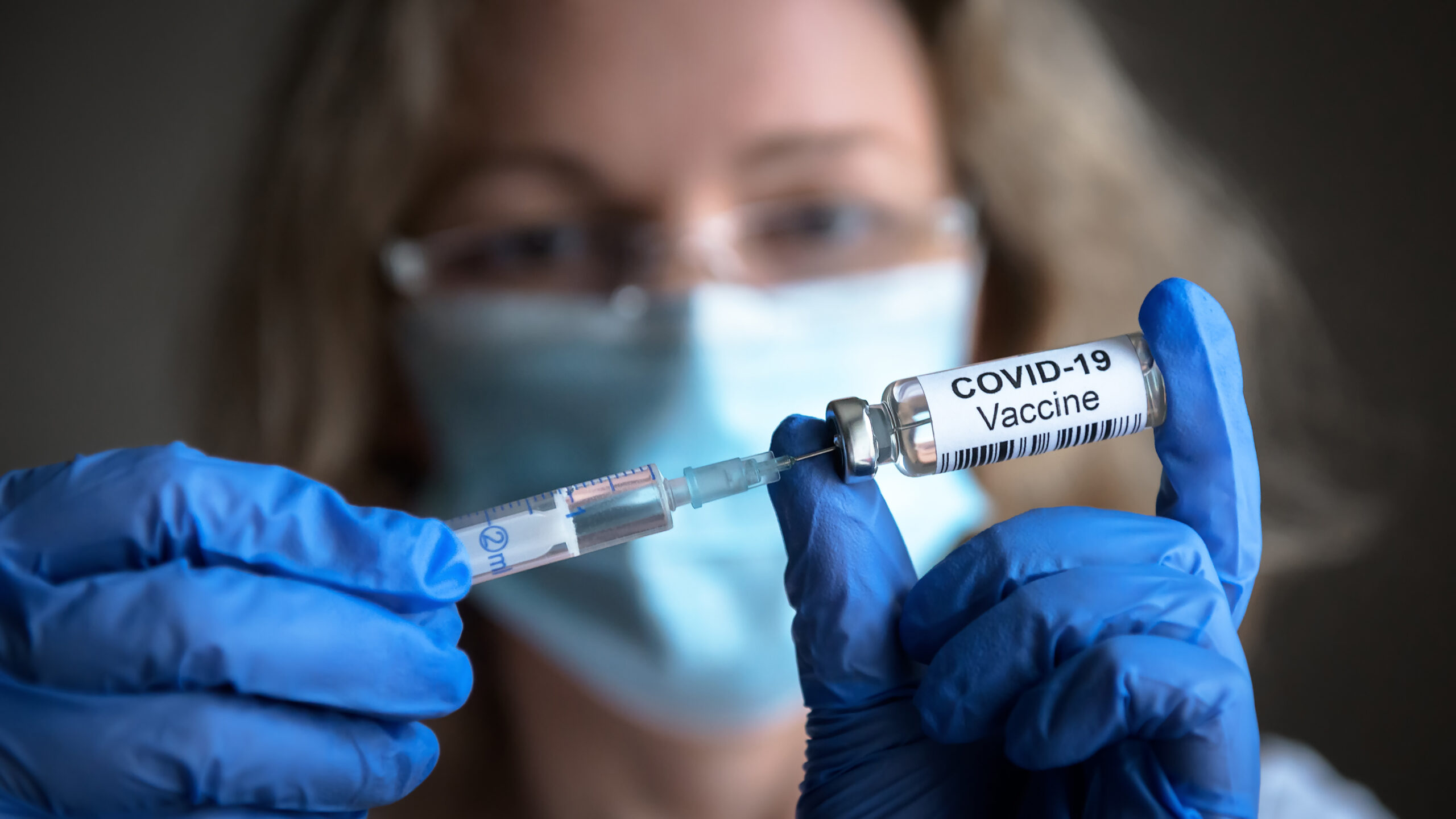There is hopeful news on the horizon as more people receive COVID-19 vaccines and the world slowly beings to reopen. According to the World Health Organization, the rate of new coronavirus cases has declined by 16 percent worldwide over the past week. To help reach underserved populations, including home-bound seniors, American pharmacy chain Walgreens has partnered with Uber Technology to provide greater access to COVID-19 vaccines.
Lack of access to transportation is one of the factors the Centers for Disease Control acknowledges as a barrier to connecting eligible people with vaccines. Over the new few months, Walgreens will provide up to 10 million free rides to stores and clinics, allowing the rollout of vaccines to reach communities hit hardest by the pandemic, including rural areas and communities of color.
In Canada, health departments will launch campaigns to help ensure elderly adults who live at home know when and where they can receive their shots. Community organizations that are in regular contact with seniors, such as Meals of Wheels, will partner to help deliver this important information. As more doses are made available, large vaccination sites are planned to help speed the delivery of doses for vulnerable populations. Ministries of health are also working to vaccinate people with mobility problems at home.
Because each region has its own vaccine schedule, it’s important to check frequently with local health agencies for updates on where and when vaccine appointments can be made. Although not the case in Canada, in the United States, the federal government is sending vaccines directly to chain pharmacies and increasing their allocation of doses. Local governments, aging agencies and social medial outlets may also be of help securing vaccination appointments.
It can be frustrating for seniors trying to search for and book appointments online; consider helping older friends and family navigate the patchwork of sign-ups for vaccinations. It will take patience and perseverance but people are getting their shots. According to NPR, more than 55 million doses have been distributed in the U.S. to date and more than a million shots are given on an average day across the country.






Add Your Voice
0 Comments
Join the Discussion